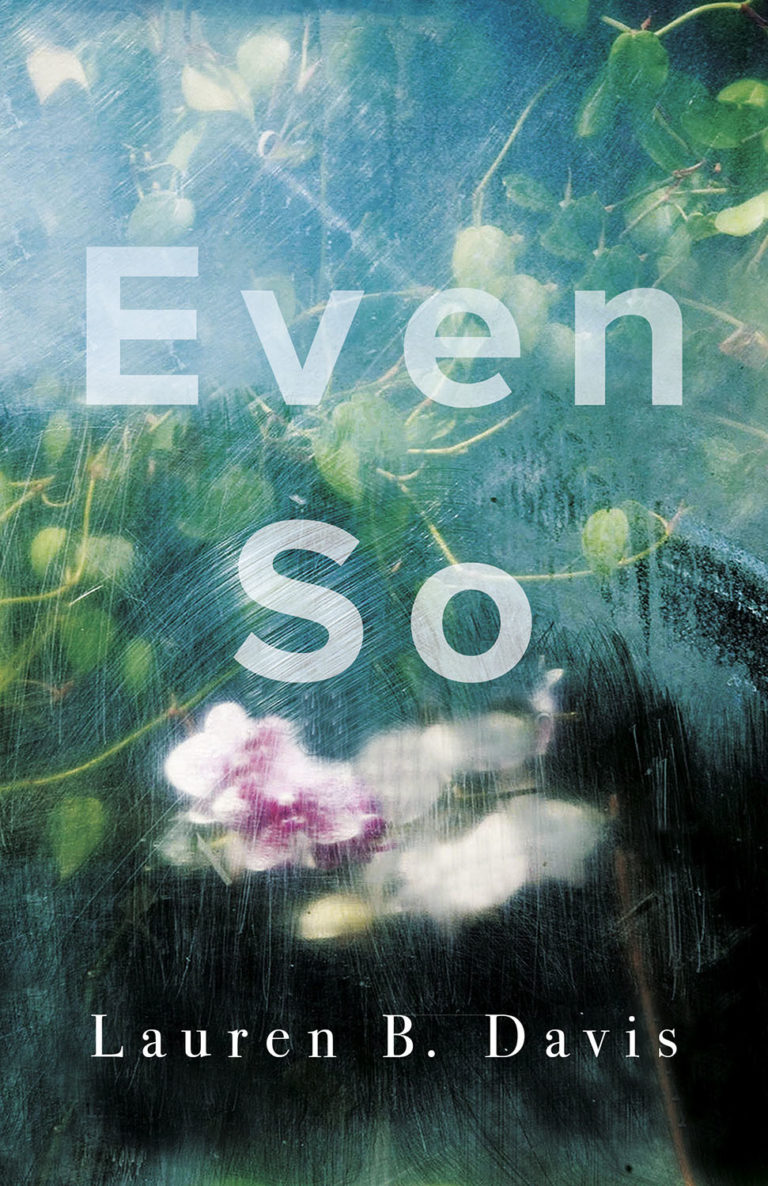The Empty Room, Backstory
I write about what obsesses me, that proverbial pebble in my shoe. In this case, as someone granted a daily reprieve from the horrors of alcoholism for the past 18 years (just like thousands of others I’ve met leading joyous and useful lives), I can’t help but wonder why I have survived and others didn’t make it. My two step-brothers, for example, committed suicide as a direct result of this disease. I also frequently question what might have happened to me had I not stopped drinking.
Over the years I’ve met countless people struggling to stay sober, and even more people affected by the active alcoholics in their lives – relatives, neighbours, co-workers, etc. The world sometimes seems awash with booze-hounds or with people dealing with the destruction left behind in their wake. Understanding what goes on in the head of an active alcoholic is dreadfully hard to do if you’re not afflicted by this disease yourself, just as it would be difficult to describe colours to someone who saw in only black and white. I thought if I could create an accurate portrait of what happens over the course of a single day (albeit a rather bad day) in the mind and emotions of an alcoholic, it might help people affected by the drinkers in their lives understand why alcoholics behave as they do. Alcoholics are not ‘those people’ they are us—complex, funny, smart, interesting, and talented—but they are at the mercy of a crippling disease of perception that takes no notice of gender, level of intelligence, or economic and racial background. Sometimes the only person who knows they’re sick is the alcoholic himself; other times it’s all too obvious to everyone.
I know some still-suffering alcoholic out there, convinced his or her situation is so different than anyone else’s as to be unique and therefore untreatable, might recognize him or herself in this story and feel hope. Colleen does all the things either I, or other alcoholics I know, have done – drunk dialing, losing jobs, making an ass of herself, losing lovers and friends . . . Although Colleen is responsible for her own drinking, of course, her mother’s mental illness and her father’s alcoholism no doubt contribute to how she learned to make choices.
On a purely personal level, no exercise increases one’s gratitude more than imagining where one might have ended up had one refused to take a turn in the road, or to seek out help when needed. Believe me, I’m enormously grateful, especially when it comes to my writing and publishing life. I never wrote anything worth publishing when I was drinking, just a lot of really bad first paragraphs.
And finally, like any writer, I wanted to write a novel about someone the reader learns to care about, a character—even if she is very different from the reader—whose struggles matter, and whose triumphs and defeats hold meaning beyond the pages of the book. I hope Colleen Kerrigan is such a character.
